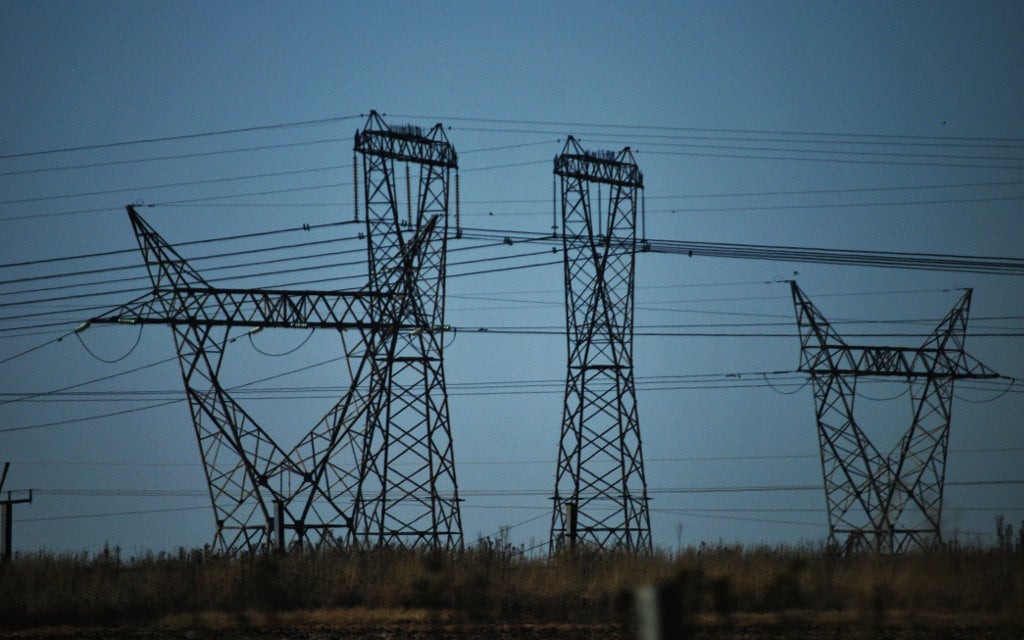


The High Court has ruled that Nersa may not deduct a R69-billion cash injection from Eskom’s allowable revenue.
- The High Court has ruled that Nersa may not deduct a R69-billion cash injection from Eskom’s allowable revenue.
- This means the power utility can apply for higher tariffs.
- The court ordered that the average standard Eskom tariffs approved by Nersa for the 2021/2022 financial year would be increased by from 116.72 c/kWh to128.24 c/kWh.
In a victory for Eskom, the High Court has reviewed and set aside a decision by the National Energy Regulator of South Africa to deduct a R69-billion equity injection from the power company’s allowable revenue for the current three-year period, instructing instead that the full amount must be reinstated to the embattled utility’s allowable revenue for the next three years.
This, in turn, will impact Eskom’s tariff increase application for the three-year period to 2022 – meaning it can charge a higher tariff.
In a judgment delivered on Tuesday, the Johannesburg High Court ordered that the first R23 billion should be added back into the revenue considered allowable for Eskom for the 2021/2022 financial year.
“There is simply no way for the harm caused by Nersa’s 2019/22 decision, to be rectified other than by reinstating the misappropriated R23 billion in each of the next three available financial years,” read the judgment.
The court ordered that the average standard Eskom tariffs approved by Nersa for the 2021/2022 financial year would be increased by from 116.72 c/kWH to 128.24 c/kWh.
The R69 billion over the next three years was allocated to Eskom in the 2019 Budget to help the ailing state-owned power generator service its skyrocketing debt.
Eskom had argued that Nersa treatment of the equity injection, which was converted into tariff subsidies for electricity consumers, was unlawful, and placed its finances in jeopardy. It had further stated that the reason why government support was necessary was because Nersa’s tariffs decisions had resulted in cash from operations being insufficient to service its debt.
The court noted the risk posed by a potential collapse of Eskom’ s finances, saying it would have a “catastrophic consequences” to the state coffers.
The power utility, which reported a net loss after tax of R20.7bn for the 2019 financial year, previously blamed the regulator’s lower tariff adjustments for its revenue shortfall. In March, Nersa granted Eskom approval to recover R13.3 billion as part of the power utility’s regulatory clearing account (RCA) application for the 2018/19 year.
Eskom said it welcomed the ruling, saying it allowed the utility to “migrate towards a solution where it could become more self-sufficient” and recover efficient costs, ultimately reducing its dependence on government for further equity support.
Eskom Chief Financial Officer Calib Cassim said the judgment was “very encouraging”.
“It aids in instilling confidence in the regulatory regime within the country, by ensuring that the Nersa methodology is adhered to.”
Eskom also said poor residential customers and some industrial sectors would require “special consideration” in light of the tariff increases. “Eskom has been participating, under the leadership of the Department of Mineral Resources and Energy in proposals where certain vulnerable economic sectors would be considered for targeted support,” Eskom said.
Eskom said it would work with Nersa to implement the outcome of the court decision.
Nersa, in a statement, said while it had acknowledged procedural unfairness, it was concerned that the judgment had gone too far and could ultimately contribute to industry and economic disruption.
“The judgment follows Nersa’s acknowledgment of procedural unfairness in the MYPD4 decision concerning the inclusion of the R23 billion government grant without allowing Eskom to submit its representation in line with the National Energy Regulator Act, 2004 (Act No. 40 of 2004), read with the Promotion of Administrative Justice Act, 2000 (Act No. 3 of 2000),” it said on Tuesday evening. “Nersa notes, with serious concern, that the judgement has gone beyond Nersa’s acknowledgment of procedural unfairness, and the unsuccessful consultations between Nersa and Eskom, by pronouncing on the MYPD4 tariff application.
“The judgement, if left uncontested, will not only disrupt the industry, but will further suppress economic recovery, considering the current threat that the country’s economy is facing. This case was not merely a case between Eskom and Nersa, but rather a case of Eskom versus the South African economy and electricity consumers.”
* This article was updated on Tuesday evening to include comment from Eskom and Nersa.

